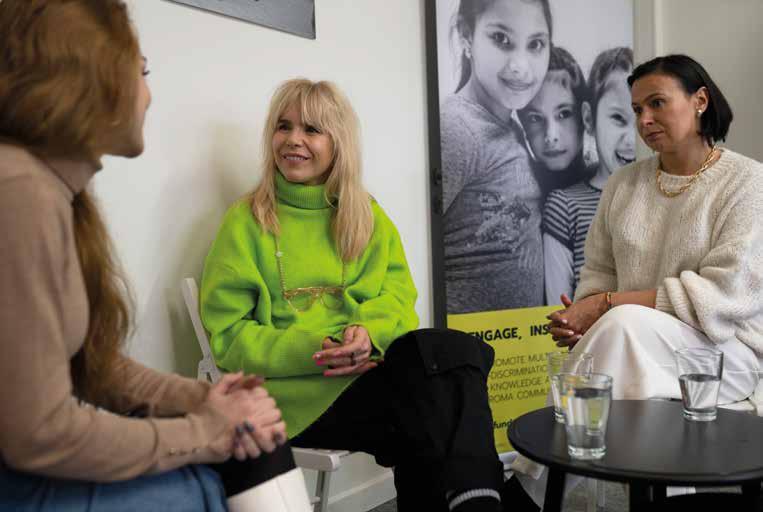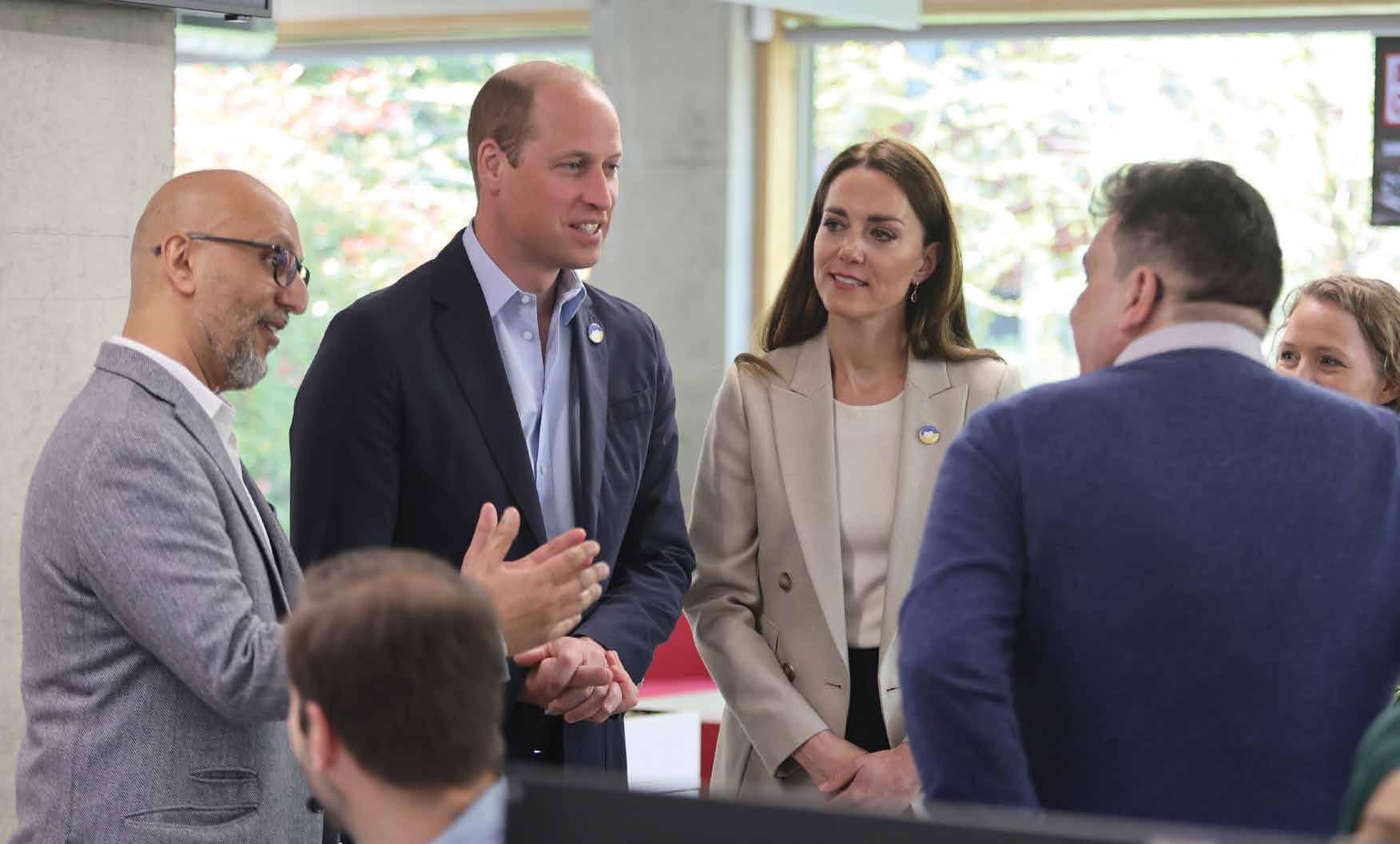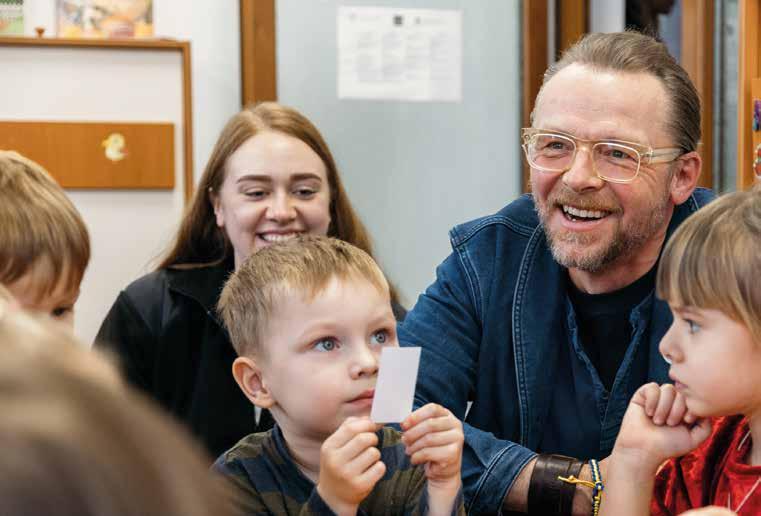
2 minute read
FUNDRAISING FOR THE UKRAINE HUMANITARIAN APPEAL
The DEC’s Ukraine Humanitarian Appeal remained open throughout the reporting period and during that time raised a total of £25.1 million, with £15.8 million coming direct to the DEC and £9.3 million being donated to the DEC’s member charities under the shared appeal branding. This meant that at the end of February 2023, the appeal total stood at £414.5 million, including £25 million in Aid Match from the UK Government.
The DEC continued to gather stories, images and footage of people receiving help from the appeal and share these with supporters while planning a major campaign to provide feedback to donors one year on from the escalation of the conflict and launch of the appeal.

At the start of February 2023, the DEC released a report titled Ukraine: How Your Donations Are Helping which includes testimony from aid workers and people being helped by projects funded by the appeal.

The DEC arranged visits to projects funded by high-profile spokespeople so that they could relay their experiences to the media to promote the impact of the appeal. Actor Simon Pegg visited Bucharest, Romania, singer Paloma Faith visited Warsaw, Poland and DEC Chief Executive Saleh Saeed visited Odesa, Ukraine and Chisinau, Moldova.

While the main objective of these activities was to feed back to UK donors who had given more than £400 million to the appeal, the DEC often finds that they also lead to further donations. However, with the earthquake in Turkey and Syria on 6 February, many people donated to that developing crisis.
How The Dec Works
The DEC brings together 15 of the UK’s leading aid charities to raise funds at times of significant humanitarian need overseas. It allocates appeal funds to its members and ensures that the generous donations of the UK public are spent where the need is greatest. This means providing immediate emergency aid for communities devastated by humanitarian crises as well as providing long-term support to help these communities rebuild their lives and strengthen their resilience.
Due to the DEC’s unique membership model, we are a particularly effective mechanism for large-scale humanitarian disasters. The DEC works closely with our member charities to launch appeal and maintain a helicopter view of the response, ensuring that flexible funding is directed quickly and effectively with robust processes to ensure transparency and accountability.
All DEC funding is unrestricted to the scope of the disaster, and can be spent over a period of several years, promoting sustainability and an adaptive response. As well as holding members to account for delivering individual disaster responses, the DEC also delivers added value to the humanitarian sector through strengthening the humanitarian system and structures, capacity strengthening projects, strengthening safeguarding and sharing learning.
Donating through the DEC is simple and effective. It removes unnecessary competition for funding between aid charities, reduces administration costs and improves coordination, collaboration, and efficiency.
Over the past fives years, the DEC has provided support to communities in Afghanistan, Bangladesh, Democratic Republic of Congo, Ethiopia, Hungary, India, Indonesia, Kenya, Malawi, Moldova, Mozambique, Pakistan, Poland, Romania, Somalia, South Sudan, Turkey, Ukraine, Yemen and Zimbabwe.










